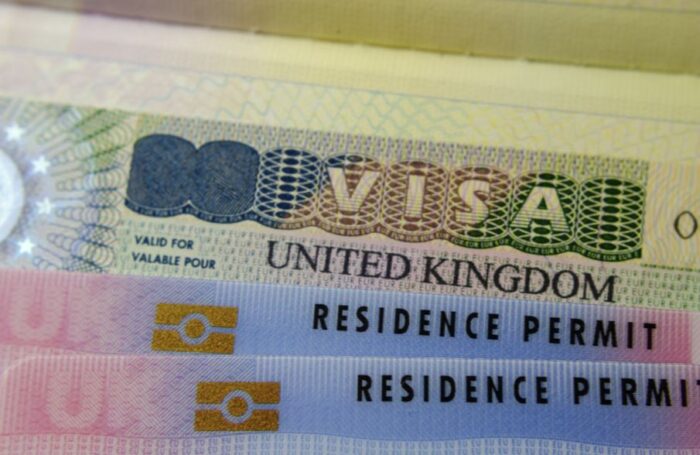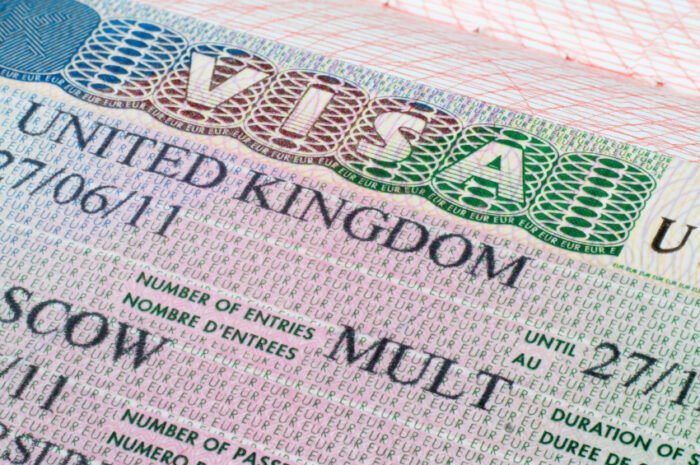
In an increasingly interconnected world, businesses are constantly seeking to expand their horizons and tap into new markets. For companies eyeing the United Kingdom, a significant step in establishing a presence is acquiring a sponsorship licence.
The UK sponsorship licence allows organizations to hire skilled non-UK workers and contribute to the country’s dynamic economy. This article serves as a comprehensive guide to understanding and obtaining a UK sponsorship licence.
Understanding the UK Sponsorship Licence

A UK sponsor license, also known as a Tier 2 sponsorship licence, permits UK-based employers to employ foreign nationals who possess the required skills and qualifications for specific roles that cannot be filled by the local workforce.
The sponsorship system is part of the UK’s Points-Based Immigration System, designed to attract skilled workers and drive economic growth.
Key Elements of the UK Sponsorship Licence
• Eligibility Criteria: To be eligible for a UK sponsorship licence, an organization must be a legally registered entity operating within the UK. The organization must also demonstrate a genuine need to hire foreign workers, comply with the relevant laws and regulations, and maintain certain HR and record-keeping standards.
• Sponsorship Categories: The UK sponsorship licence covers several categories, including Tier 2 (General), Tier 2 (Intra-Company Transfer), and Tier 5 (Temporary Workers). Each category has specific requirements and conditions that both the employer and the sponsored worker must meet.
• Certificate of Sponsorship (CoS): Once granted a sponsorship licence, employers issue a Certificate of Sponsorship (CoS) to potential foreign employees. This certificate contains essential details about the job offer, including the job description, salary, and duration of employment.
• Resident Labour Market Test: In some cases, employers must demonstrate that they have actively tried to fill a vacancy with a local worker before offering the position to a foreign national. This is known as the Resident Labour Market Test and ensures that job opportunities are first made available to UK residents.
• Sponsorship Management System: Employers are required to maintain accurate records of their sponsored employees and report any changes in employment or circumstances through the Sponsorship Management System. This system helps the UK government ensure compliance with immigration rules.
• Compliance and Audits: UK Visas and Immigration (UKVI) conducts regular audits to assess an employer’s compliance with sponsorship obligations. Failure to meet these obligations can result in revocation of the sponsorship licence.
Applying for a UK Sponsorship Licence

• Gather Information: Before applying, employers should gather all necessary information and documents, including evidence of the organization’s legality, financial stability, and details about the roles they intend to sponsor.
• Online Application: The application for a sponsorship licence is submitted online through the Home Office’s Sponsorship Management System. The application involves providing detailed information about the organization, its structure, key personnel, and the intended use of the licence.
• Paying Fees: There is a fee associated with the sponsorship licence application, which varies depending on the size and type of organization.
• Decision Time: After the application is submitted, the Home Office assesses the information provided and may request additional documentation or clarification. The decision time can vary but is usually within a few weeks.
• Ongoing Compliance: Once the sponsorship licence is granted, the employer must adhere to the rules and responsibilities outlined by the Home Office. This includes notifying the Home Office of any changes in the employment status of sponsored workers.
Conclusion

The UK sponsorship licence is a crucial gateway for organizations seeking to hire skilled foreign workers and expand their operations in the United Kingdom. Navigating the process requires a thorough understanding of the eligibility criteria, application procedure, and ongoing compliance obligations.
By adhering to the guidelines set by the UK government, businesses can harness the benefits of a diverse and talented workforce while contributing to the growth of the UK economy.














